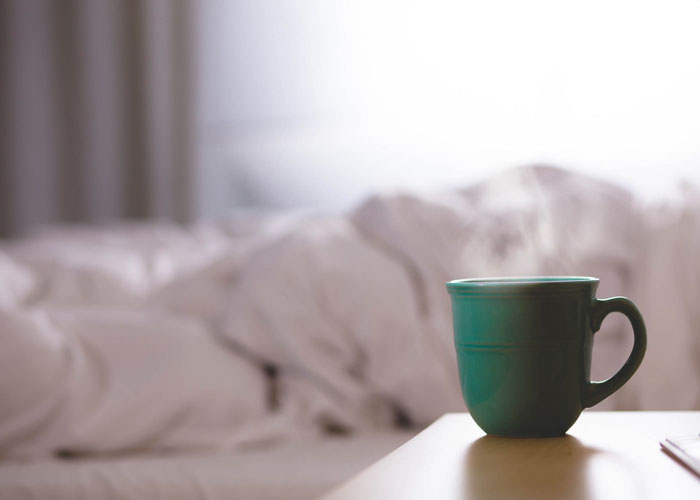Ensuring Your Senior Loved Ones Get Adequate Sleep, the Healthy Way
As we get older, some of us may find that we have difficulty sleeping from time to time. Since good sleep is important at any age, you may wonder if sleeping aids such as pills are appropriate for the senior loved one in your life.
There are a lot of fears and rumors out there when it comes to using sleeping aids, so here are some of the facts to help you make a decision about sleeping aids and your senior. You should always check with your doctor to make sure a sleeping aid is safe for your loved one before administering or approving it.
Sleeping Pills and Seniors: What You Need to Know
Sleeping pills are not uncommon among seniors to aid in getting better rest. In fact, about a third of all seniors take some kind of sedative or tranquilizer, medication that affects the brain and spinal cord. However, this does not mean sleeping pills are necessarily safe.
In fact, according to the American Geriatrics Society, seniors should almost always try non-drug remedies for their sleep problem first, as these are often safer and better than the pills. Reasoning for this conclusion includes, according to ChooseWisely.org:
- Modest Benefits– Many studies suggest that sleeping pills don’t really help all that much. According to Consumer Reports, Ambien and Lunesta only put subjects to sleep 20 minutes or less faster than a placebo.
- Side Effects– For those modest benefits, many seniors are taking on significant risk, including dependency and increased risk of falls/fractures, car accidents, and increased general confusion. This risk is increased by the fact that many seniors take these medications on a regular basis, when they really are only meant for use for a few weeks.
- Dementia– There is some evidence that long-term use of diphenhydramine-containing sleep medicine like Sominex, ZzzQuil, Benadryl, or Tylenol PM can increase the chances of dementia in seniors.
What About Melatonin to Aid in Sleep?
Many people tout the benefits of the natural herbal sleep aid Melatonin and products containing melatonin. While it’s possible that these medications are safer than some of the manufactured sleep drugs, they still may have unwanted side effects and are of limited effectiveness.
How Should Seniors Handle Sleep Medications?
If seniors are struggling to sleep, the first step is to try to improve sleep hygiene. Avoid the use of screens close to bedtime; go to sleep and get up at the same time every day; and sleep in dark, quiet rooms, avoiding the intake of coffee and alcohol in the evening.
If these methods do not work, consider taking your senior to a sleep therapist to explore other options. Seniors should only use sleep medications if there is an immediate need for sleep and an acute problem preventing it, such as jet lag or situation-specific anxiety.
Even then, sleeping aids like pills should be taken at the lowest possible dose and only for a few days, and with doctor’s approval and supervision, even for over the counter medications. When your senior loved ones do take sleep medications, they should be sure to avoid alcohol and be sure they will be able to have at least 8 hours of uninterrupted sleep. Naturally, be sure to check all drug interactions with anything they may currently be taking.
If you need help finding the right living situation for your loved one in the Northern California or Portland Metro area, Golden Placements can help. Contact us for guidance and placement services today.







